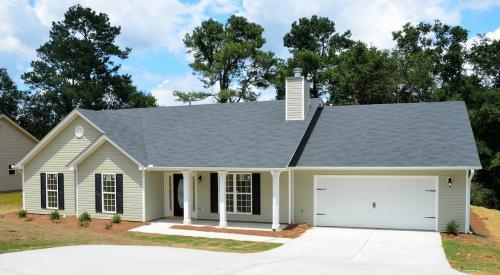During the second quarter, housing inventory dropped 8.9 percent nationally year-over-year, the ninth consecutive quarter with a decline. Buyers are working fast to snag what they can.
Trulia’s quarterly Inventory and Price Watch report found a strong link between rates of inventory and the average time that homes spend on the market. Metros with the steepest drop in available homes also have fewer on the market after two months.
Over the past year, the number of available starter and trade-up homes declined by 15.6 and 13.1 percent, respectively, and inventory as a whole is down 20 percent from five years ago.
The squeeze is pushing buyers to put more of their income toward a purchase. Starter-home buyers need to spend 39.1 percent of their income to buy a median-price home, a 3.1 percentage point increase from last year. Trade-up buyers spend 26 percent of income on an average home, 1.7 percentage points more than last year.
Now, buyers are faced with listings that seem to vanish right before their eyes. Since 2012, the share of homes on the market after two months has dropped 10 points to 47 percent.
The fastest markets are in places such as San Jose and Oakland, Calif., Seattle, and San Francisco, where less than 25 percent of homes were still on the market after two months in the second quarter. Columbus, Ohio, Denver, Salt Lake City, and San Diego are among the other competitive markets, with less than a third of homes on the market after two months.
“Markets that have witnessed larger decreases in inventory have experienced larger declines in the share of homes still sitting on the market after two months,” Trulia’s chief economist Ralph McLaughlin said in a statement. “With these declines, falling inventory has also pushed affordability of homes across all segments to new post-recession lows.”













